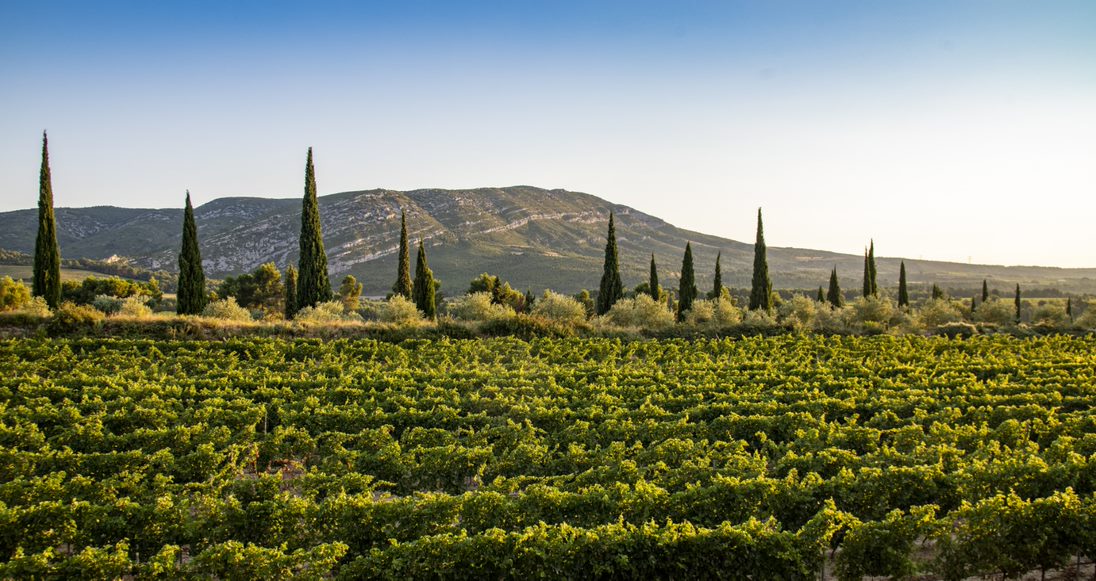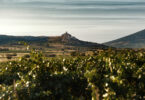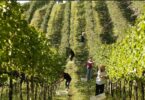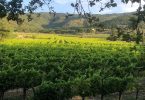The Wolf Post offers a professional service with free access, without subscription.
For this reason, a donation would also be a sign of appreciation for our work.
The future of wine is organic. The time has come for the pioneering winemakers on the subject to redeem years of hard work and skepticism from some professionals in the sector (communication included).
Born in 1991, on the initiative of winemakers who practice this form of agriculture, in order to collectively promote their wines, the professional Association Sudvinbio is today a happy reality, known in the sector, at an international level.
Since 2008, the experimental activity of Sudvinbio wine has focused, among other things, on the search for alternatives to sulfur in the fight against powdery mildew; on the study of production costs for plots and farms and on the identification of organic fertilizers used in organic viticulture
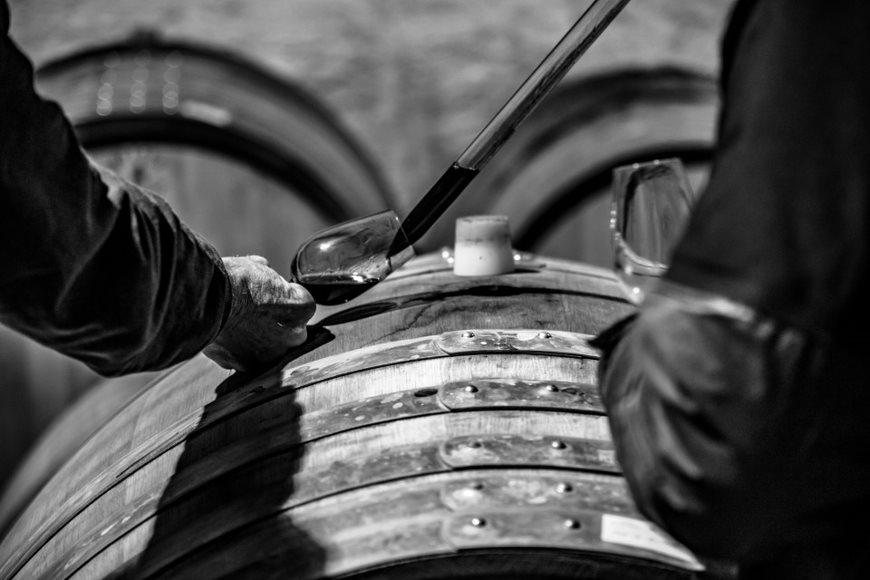
© Crédit photo Olivier Lebaron- SuDVinBio
Let’s find out more from the words of Jacques Frelin, Vice President of SudVinBio and wine merchant at Jacques Frelin Vignobles.
How has the organic sector evolved since 1991?
The history of organic farming is not that of an evolution, it is that of a revolution!
In France, we had 1% organic vines, today we have more than 20%.
Production has increased and so has consumption. The scale has changed, opinion too. Thirty years ago we were seen as marginal: looked down upon, with great diffidence, and greatly denigrated, both for our methods and for the quality of our wines. However, today, organic is one of the main fundamental trends in the world of wine: from time to time, there can be economic difficulties as in any sector of activity, but the dynamics are clearly on our side. The future is organic and viceversa.
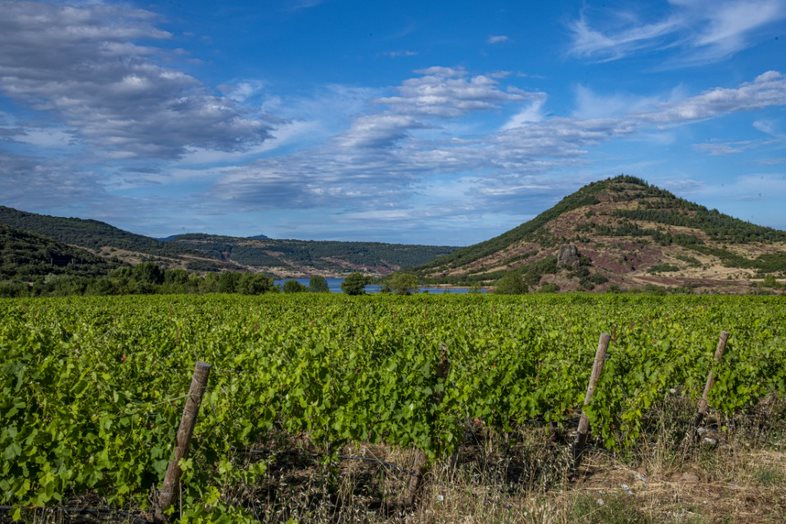
© Crédit photo Olivier Lebaron- SuDVinBio
How did you get here?
It took a while to be taken seriously, but there were moments where the story picked up speed.
In 2012, for example, we were finally able to communicate the notion of “organic wine” in Europe: until then, we could only include the words: “Wine from organically grown grapes” on the labels. The change was profitable because the promise was easier for the consumer to understand, which increased sales.
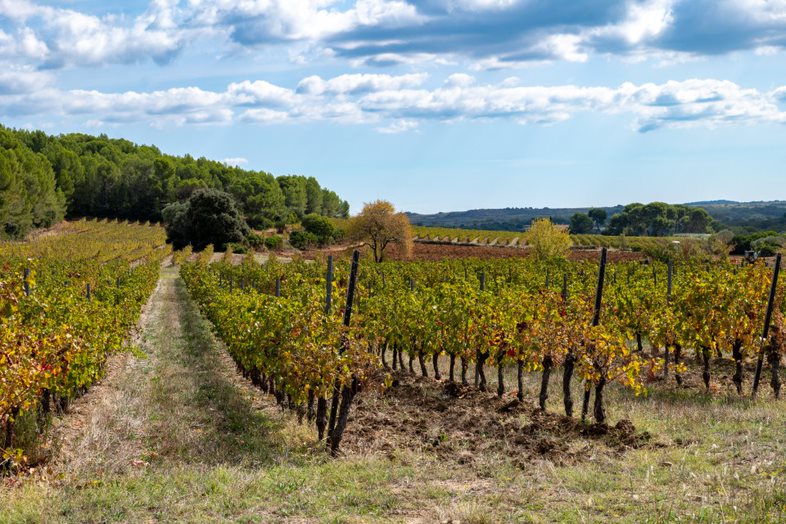
© Crédit photo Olivier Lebaron- SuDVinBio
Even in production we had to demonstrate that we know how to overcome reticence and it is true that the average level of our wines has risen. Yes, because we have gained experience but also because many professional organizations, whether chambers or trade unions, have hired technicians specialized in organic agriculture.
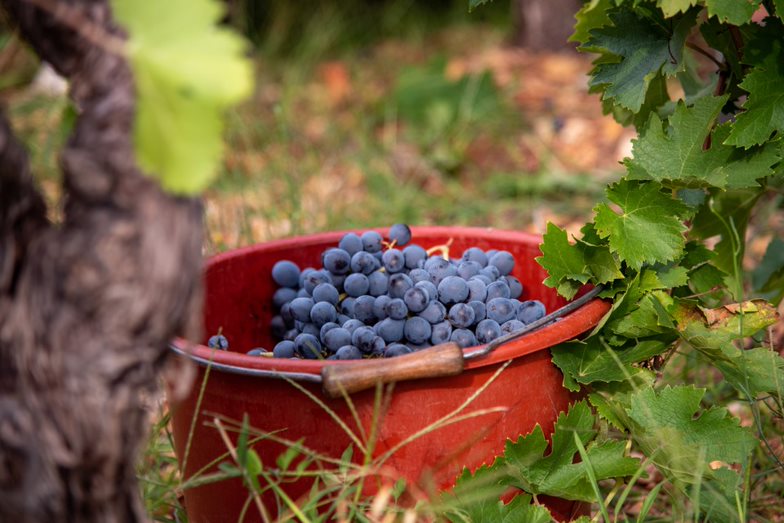
© Crédit photo Olivier Lebaron- SuDVinBio
What is the reputation of organic wine among French consumers?
The label is well known. A Millésime BIO – CSA study, conducted last year, showed that 96% of consumers recognize the organic label. And the vast majority know what it stands for. This is much more than for so-called reasoned agriculture labels, for example.
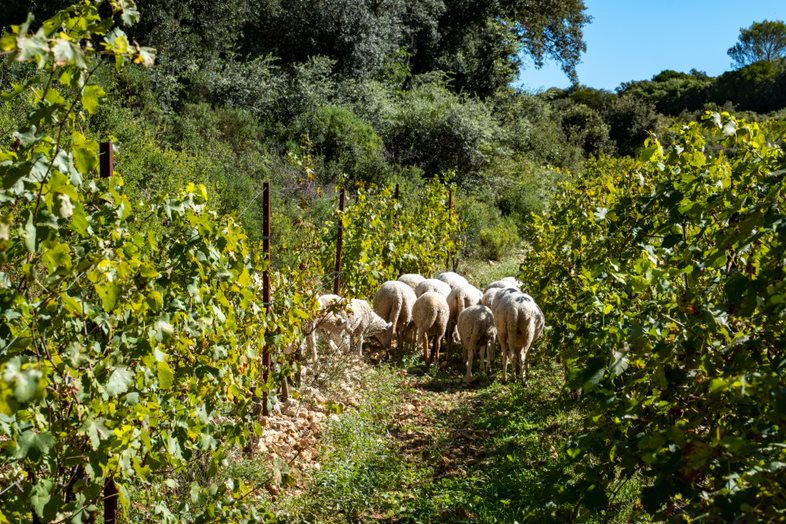
© Crédit photo Olivier Lebaron- SuDVinBio
Consumption is also progressing: in a previous study, we showed that 39% of French consumers had already had the opportunity to taste an organic wine in 2021, compared to 30% in 2015. At the same time, we have also gone from consumption ranging from curiosity (“I drink organic wine from time to time”) to structural consumption (“I mainly or exclusively drink organic wine”). Furthermore, the consumer of organic wine is, on average, younger, which means that the market share of organic will naturally increase.
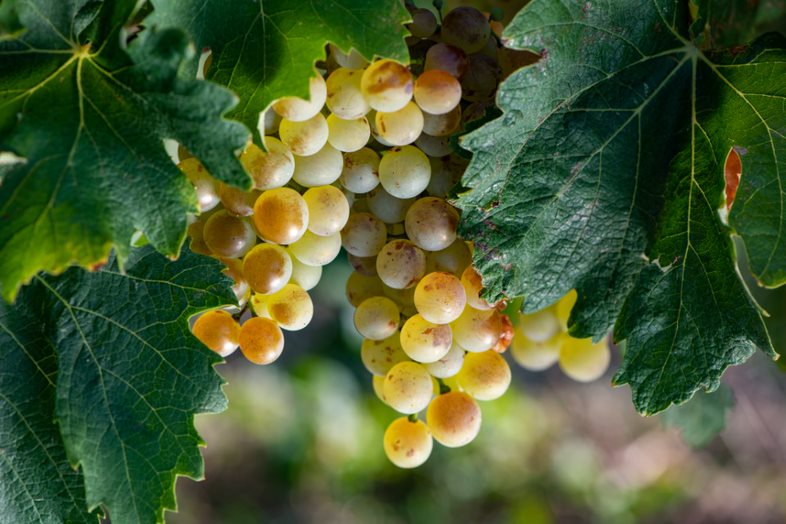
© Crédit photo Olivier Lebaron- SuDVinBio
Why should a consumer choose an organic wine?
Simply, because organic wine is good for the planet and for him! In organic farming, winemakers do not use synthetic chemicals which are then found in the environment and in what we eat or drink. And then, an organic wine is on average a more qualitative wine: the researchers studied tens of thousands of wines reported in the guides and demonstrated that organic wines, tasted blind, were evaluated better than wines from conventional agriculture. That said, it makes sense because organic wines are naturally more respectful of terroirs.
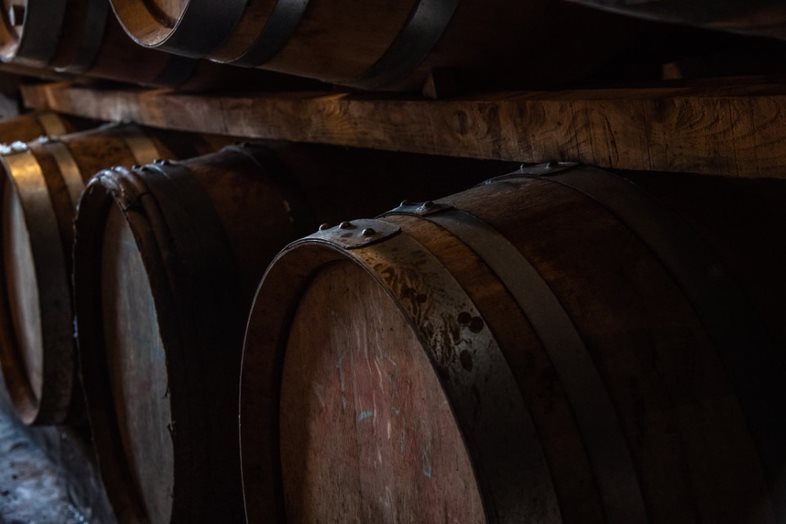
© Crédit photo Olivier Lebaron- SuDVinBio
In your opinion, what are the main challenges for the sector in 2023?
The priority is to communicate on what is the very foundation of organic farming: the non-use of synthetic chemical products that are dangerous for man and the environment. Today there is such a proliferation of labels with very “green” titles that the consumer is lost. However, there is only one that guarantees the absence of synthetic chemicals: it is organic. As they say in French, it is necessary to “put the church back in the center of the village”!


